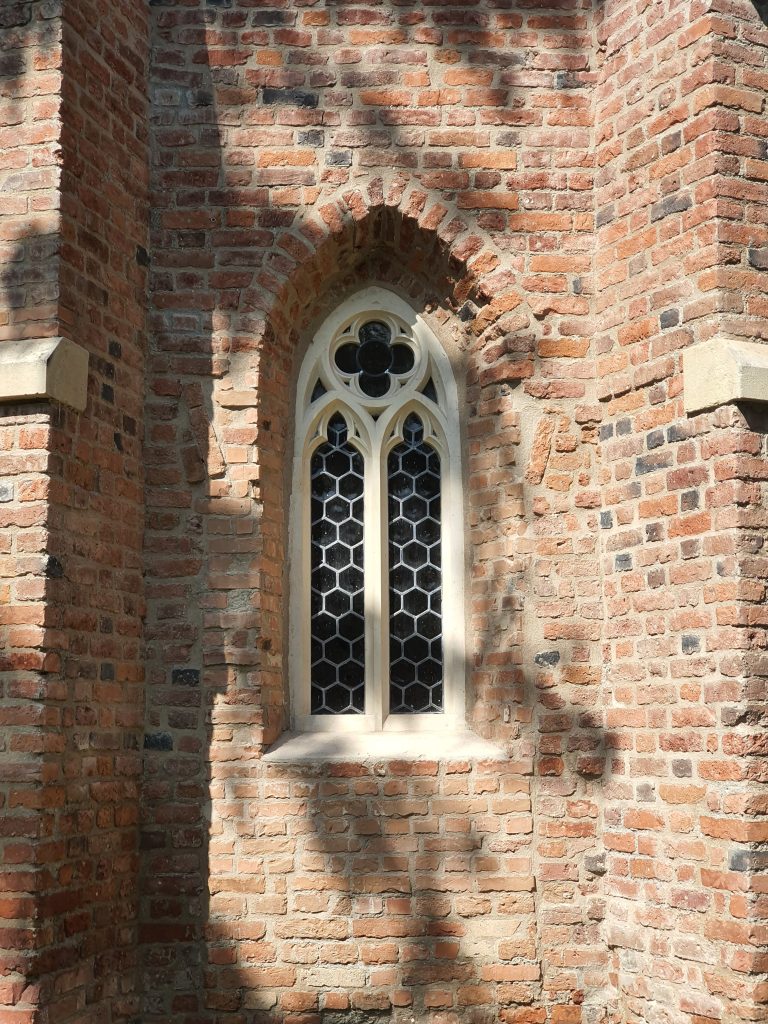Churchwardens
So you have been asked to be Churchwarden, now what?
Churchwarden is an ancient lay office holder within the church, in a role dating back to the 13th Century. Churchwardens used to have all sorts of responsibilities including the compliance with Bishops’ and Ecclesiastical Courts’ requirements such as collecting parish tithes, presenting moral delinquents to the ecclesiastical courts, and moving the altar from the east end under Edward VI (1547-1553), and moving it back under Mary I (1558). And yes, the power of arrest for riotous, violent, or indecent behaviour in the church or churchyard (and other offences), a power still retained today under the provision of Chapter 32 of The Ecclesiastical Courts Jurisdiction Act 1860.
But today the role is much simpler, but probably even more important
Many people asked to be churchwarden in their church will be worried that they don’t have the skills, experience or time, but what is really involved and could you do the role? The most important skills are people skills. The ability to listen, give people time, understand, empathise, and often to arbitrate and bring those with different views together, are some of the most important skills. Most important for the churchwarden to remember is they are there for the parishioners and for the incumbent.
So firstly they are there for parishioners, and note I particularly use the word “parishioners”. As churchwarden you have to be there for and represent the congregation (those who attend church) but also everyone else in the parish, “the parishioners” who don’t necessarily attend church, but who may wish to be in touch with the church from time to time about all sorts of things.
The second – and equally important – role is to be there for your incumbent (eg Rector, Parish Priest, Team Minister, Vicar) to support them. Sometimes this will be as a listening ear to hear their ideas, worries, or concerns. It may be to relate to them the view of the congregation or parishioners, and yes sometimes to be an honest critical friend and tell them how it is.
But I guess you are thinking, ‘Surely having knowledge and experience of legal matters, building maintenance, applying for faculties, who can get married in your church and a myriad of other things are important for you to know if you want to be a churchwarden?’ Well actually the answer is No! Most churchwardens will come to the role with little or no experience of these things, and you don’t need to know about them to become a churchwarden.
All of this knowledge and skill can be gained on the job – there is training available, books to read, and a great team of people to support, teach and help you.
Helpful Resources
To help with advice on legal matters such as Faculties, issues relating to marriage, baptism and confirmation and the issuing of various licences.
Archdeacon – An experienced minister who will be able to answer many questions on allsorts of things.
Other churchwardens – support from outgoing churchwardens in your church, or from other churchwardens in your parish, or deanery.
Books – books specifically for churchwardens, and the annual Churchwarden’s Yearbook that, as well as being a diary, has a whole range of useful information in it.
Churchwardens Facebook Group – Quick and immediate support (moral and technical) from 100s of other churchwardens through a Facebook Group specifically for Church of England churchwardens who will help each other with information requests, problems etc.
Please find further website resources that you may find useful for your role.



